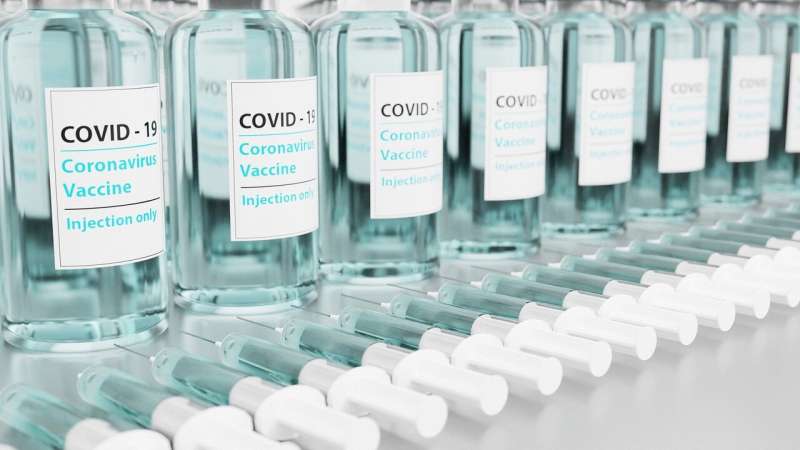More transparency needed to ensure success of global COVID-19 response

A lack of transparency in COVID-19 vaccine trials and deals signed between governments and drug companies could undermine the global response to the pandemic, warn researchers at the University of Toronto and Transparency International in a new report.
Published by Transparency International, “For Whose Benefit?” takes an in-depth look at the development and sale of the world’s top 20 COVID-19 vaccines, including those developed by Oxford-AstraZeneca, Pfizer-BioNTech and Moderna.
The study, supported by a U of T Connaught Global Challenge Award, examined clinical trial data and nearly 200 contracts for vaccine sales up to March 2021, revealing a pattern of poor transparency and a tendency for governments to obscure key details of contracts with drug companies to provide vaccines.
“Transparency in clinical trials is always important, but the tempo of the development process for COVID-19 vaccines has been unprecedented, so there is an even greater need for transparency in the current situation,” said Jillian Kohler, a professor at U of T’s Leslie Dan Faculty of Pharmacy, Dalla Lana School of Public Health and the Munk School of Global Affairs & Public Policy in the Faculty of Arts & Science.
Kohler also leads the World Health Organization’s Collaborating Centre for Governance, Transparency and Accountability in the Pharmaceutical Sector, which is based at U of T.
With recent Gallup polling showing that one third of the world’s adult population—1.3 billion people—are unwilling to take a coronavirus vaccine, transparency is vital to build confidence, the researchers say.
They add that clinical trial transparency is the only way to monitor the safety and efficacy of vaccines, and it is a key safeguard against selective reporting of results or manipulation of data. Yet, analysis of the 86 registered clinical trials for the top 20 vaccines revealed:
- Results from just 45 percent of these trials were announced
- Of this figure, 41 percent provided only top-level results via a press release or press conference, with the full data unavailable for media scrutiny or academic review
- Clinical trial protocols were published for just 12 percent of trials. There were no publicly accessible protocols for 88 percent of the trials and no way of knowing the conditions under which they were carried out
“The lack of transparency of many clinical trials combined with the huge financial incentives for producing effective treatments leaves the door wide open for selective reporting of results or outright data manipulation,” said Jonathan Cushing, head of Transparency International’s global health program.
The report’s analysis of 183 contracts for 12 different COVID-19 vaccines revealed:
- Only 7 percent of vaccine contracts between developers and governments were published through official channels
- Just one contract (0.5 percent) was published without redactions. Most feature entire pages of redactions that obscure information of critical public interest
- There are large disparities in the price paid. For the Oxford/Astra-Zeneca vaccine, for example, upper-middle income economies such as South Africa paid an average of 25 percent more per dose than high income economies like the European Union
Cushing said the lack of transparency over the contracts was as disturbing as the poor transparency in the clinical trials.
“Hiding contracts from public view or publishing documents filled with redacted text means we don’t know what governments have signed up to,” Cushing said. “Given the huge amounts of public money invested in research and development around the world, citizens have a right to know everything about the vaccines their taxes helped to fund.”
The researchers make several recommendations that they say would improve transparency, boost public confidence and help secure the long-term success of COVID-19 response:
- National governments should adopt and enforce legislation requiring the pre-registration of all clinical trials and the publication of summary results within 12 months of their completion
- All governments that have bought vaccines should follow the lead of the United States and publish their contracts
- Vaccine developers should publish their clinical trial protocols on a publicly accessible registry, if they have not done so already
- Developers should also only use media to announce clinical trial results in tandem with data analysis published in a peer-reviewed medical journal, trial registry or as a pre-print article
Source: Read Full Article



